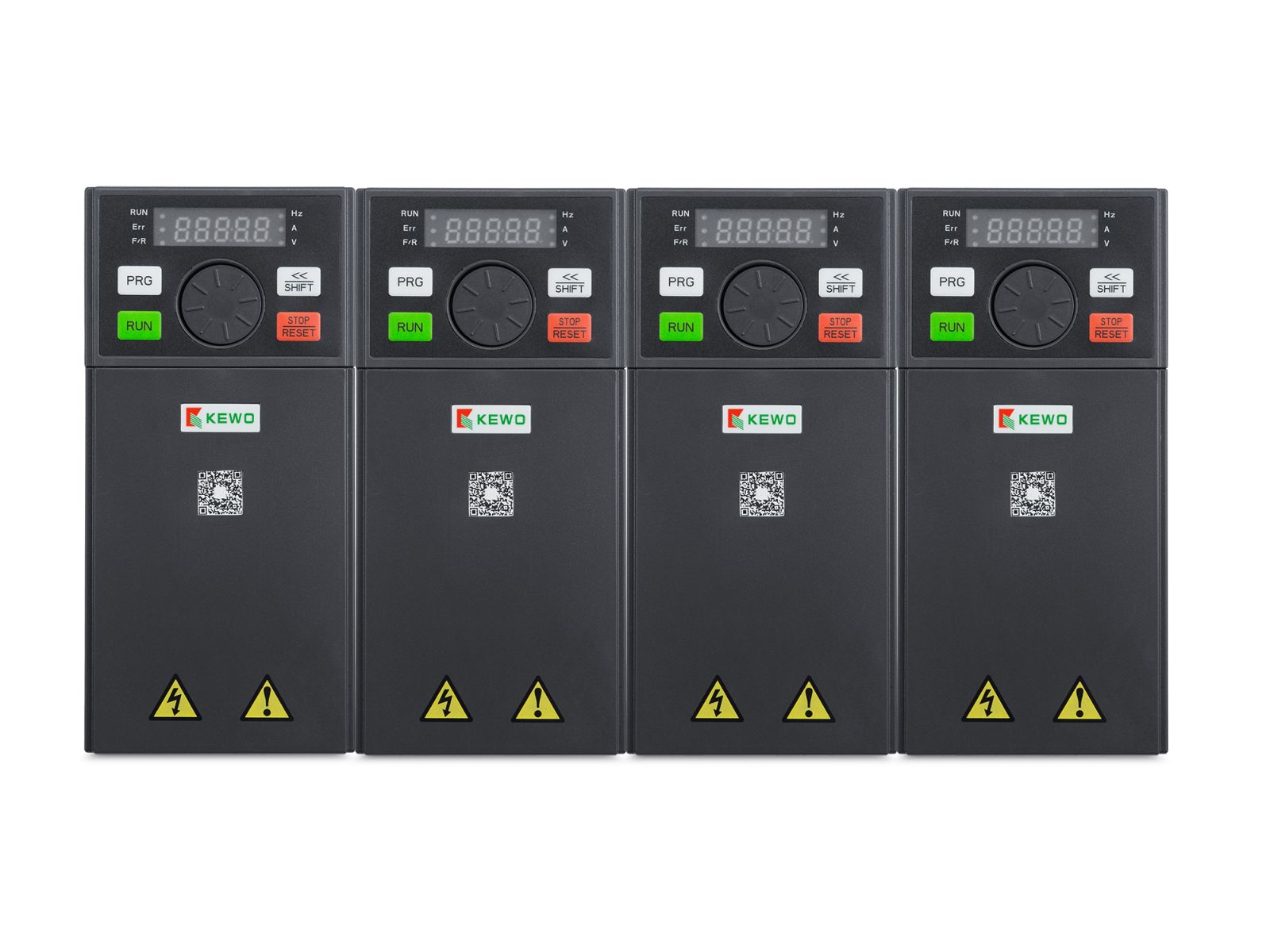

Tel:86-0755-84186866,
MP:86-18038034988
Mail:service@kewoinverter.com Skye:gary.yu88

The deployment of photovoltaic-powered water pump systems emerges as a viable and ecologically sensitive response to the exigencies of water scarcity, markedly in regions devoid of grid connectivity and characterized by remoteness. Leveraging the inexhaustible resource of solar voltaics, these systems are implicated in the actuation of pumps serving a multitude of utilitarian purposes such as irrigation, livestock rehydration, and the provisioning of potable water. The pivotal component underpinning the operational efficacy and robustness of these configurations is the inverter – a device entrusted with the duty of transmuting the fluctuating direct current (DC) emanating from photovoltaic arrays into a uniform alternating current (AC), necessary to mobilize the pump mechanism. Acknowledging the palpable merits of solar energy in the environmental domain, it remains imperative to conduct a scrutinous assessment of the ecological implications intrinsic to the inverter apparatus utilized within solar-powered water pumping schemes. This investigational endeavour explores the comprehensive lifecycle, consumptive practices of material elements, the efficacy of energy transmutation, and the strategies surrounding terminal-phase management to gauge their cumulative ecological impact.
1.Material Use and Manufacturing:
Constructs of contemporary solar inverters incorporate an amalgamation of materials such as metallic elements, semiconductor components, and polymeric substances. The phase of material procurement and refinement is characterized by a substantial energy overhead and may eventuate environmental attrition. The fabrication process, too, is a progenitor of waste by-products and contributory emissions. Yet, in juxtaposition with the environmental ramifications of hydrocarbon fuel extraction and the corresponding electric power generation, the material consumption and manufacturing protocols of inverters have a significantly diminished propensity for pollutive output and ecosystem disruption.
2.Energy Conversion Efficiency:
The potency with which solar inverters execute the DC to AC conversion possesses a direct correlation with the quantum of solar power requisite for the attainment of projected water pumping capacities. Elevated efficiencies translate to a diminished need for photovoltaic panel installations, therewith curtailing the environmental ramifications ascribed to panel manufacturing. Inefficiencies in energy conversion engender profligate consumption of solar power, necessitating an expanded set of panels, hence establishing the premise that energy-efficient inverters espouse environmental sustainability.
3.Operational Environmental Impacts:
In their operational stride, photovoltaic water pump inverters discharge neither greenhouse gasses nor particulate pollutants, establishing a stark polarity with the operation of diesel-powered pumping apparatus. This abatement of emissions is pivotal for the amelioration of global warming trajectories and the refinement of atmospheric quality. Additionally, solar inverters hold the advantage of being devoid of acoustic pollution, in stark contrast to their fossil-fueled counterparts.
4.Maintenance, Durability, and Reliability:
Inverters conscientiously architected for enduring service with minimalistic maintenance demands mitigate environmental impacts by obviating the frequency of replacements and concomitant waste generation. Robust durability and reliability of the devices further ratify uninterrupted system operations, circumventing the resource-heavy exigencies of diagnostic and restoration preliminaries.
5.End-of-Life and Recycling:
The ecological relevance of photovoltaic inverters perpetuates beyond their functional tenure to encompass their decommissioning. The amenability of inverter constituents to recycling processes is a pivotal determinant in curtailing waste accumulation. Manufactures and legislative bodies must deliberate on the recyclability of materials enlisted in inverter construction to champion eco-conscientious end-of-life stewardship.
A panoramic environmental impact analysis of solar water pump inverters mandates an all-encompassing contemplation of their lifecycle, from incipient material composition through to cessation of service. Although these apparatuses maintain a markedly lesser environmental footprint in contrast to traditional energy paradigms, opportunities for refinement persist across the spectra of material sustainability, production methodologies, energy conversion proficiency, and material recuperability. With the incessant progression of technological ingenuities and the intensification of environmentally-augmented practices, there is an anticipation for emergent variants of solar inverters to manifest progressively diminished ecological impacts, thereby propelling the global embracement of solar-powered solutions for water procurement.



 Item:7
Item:7

